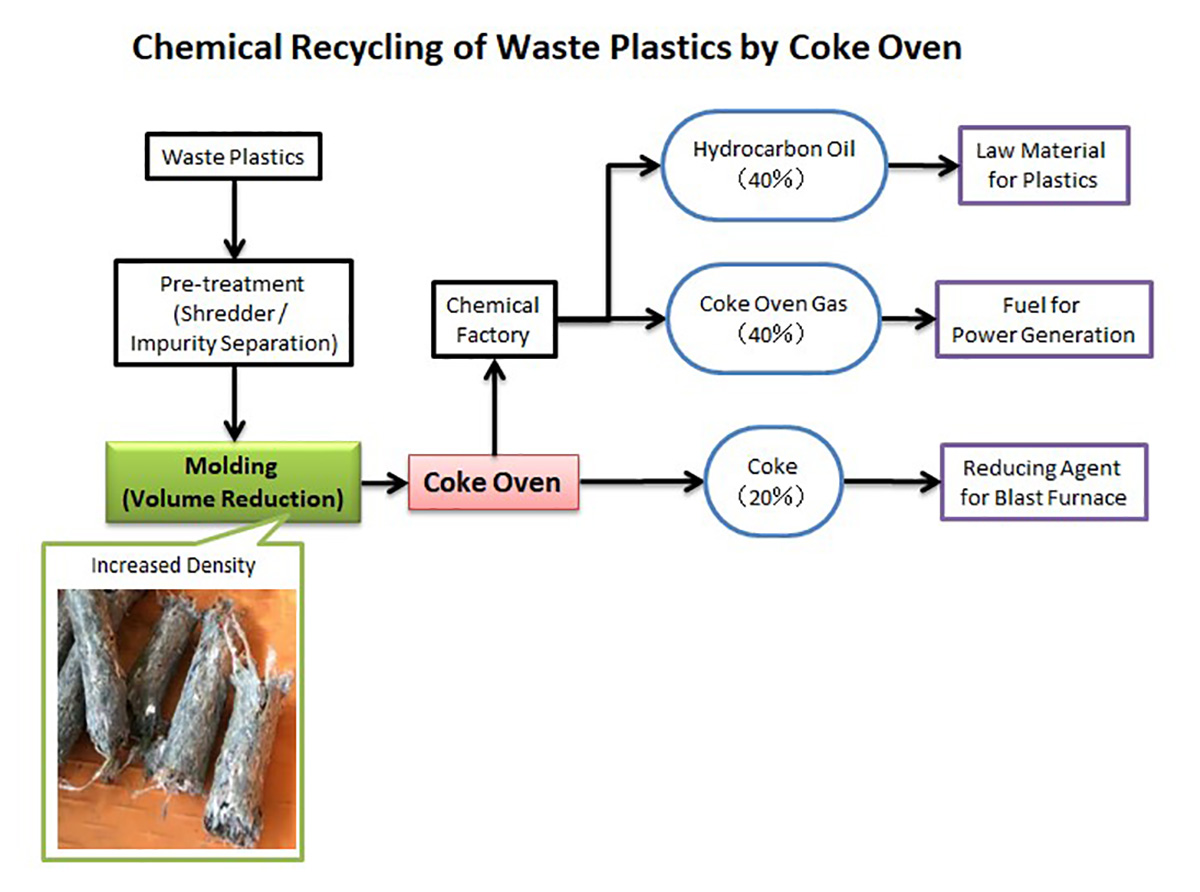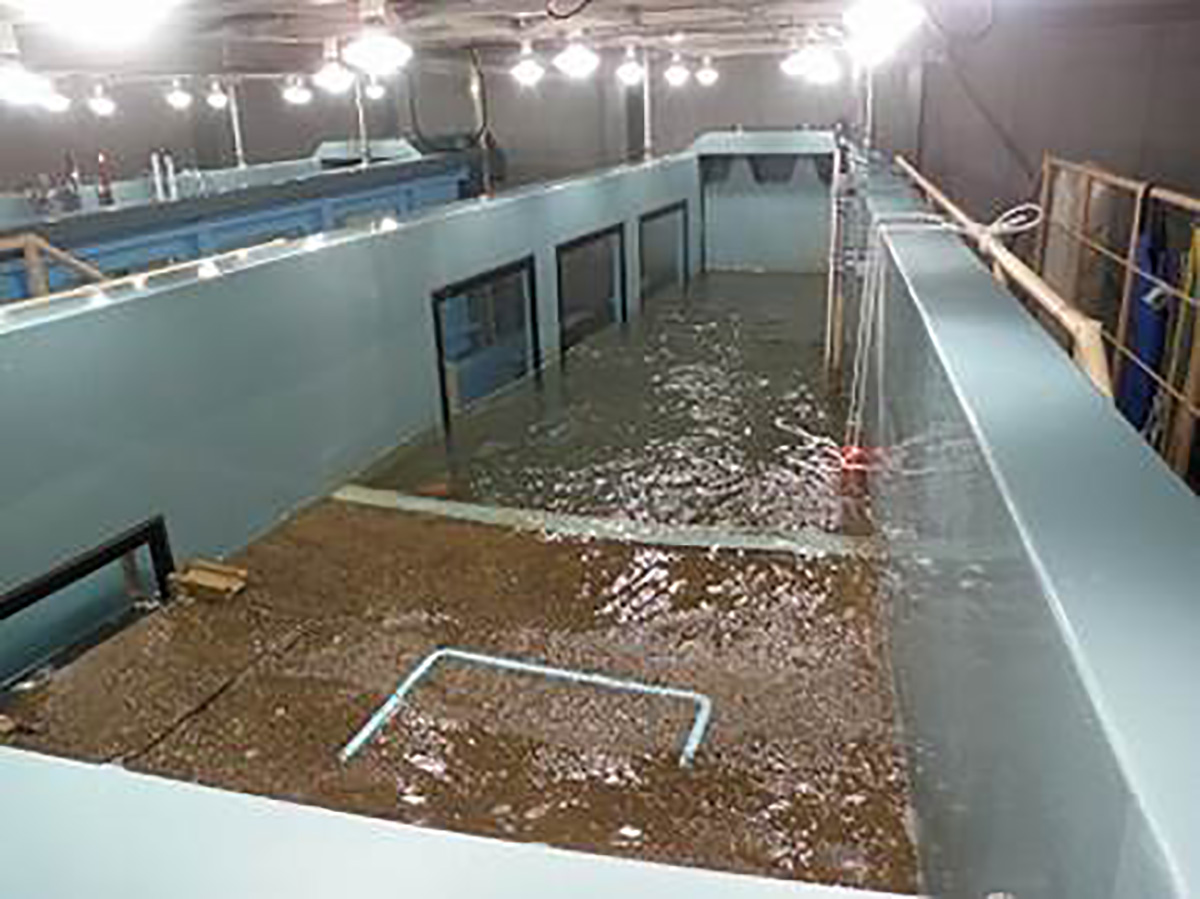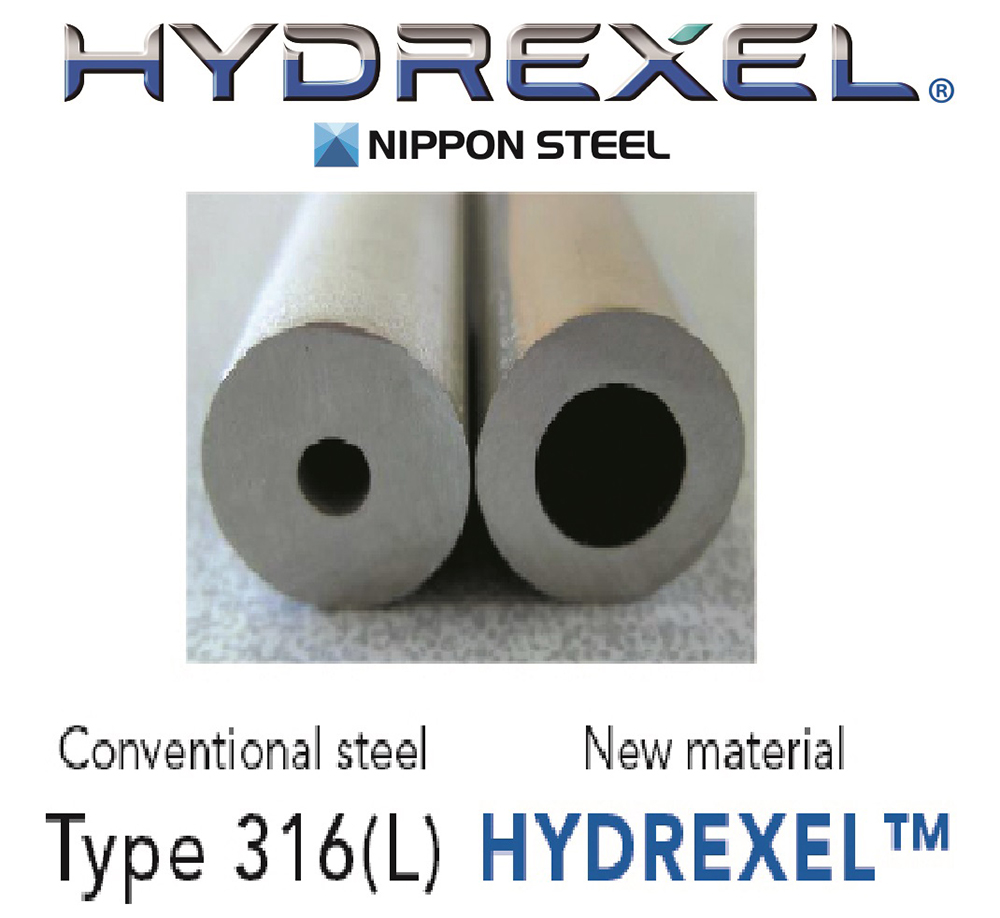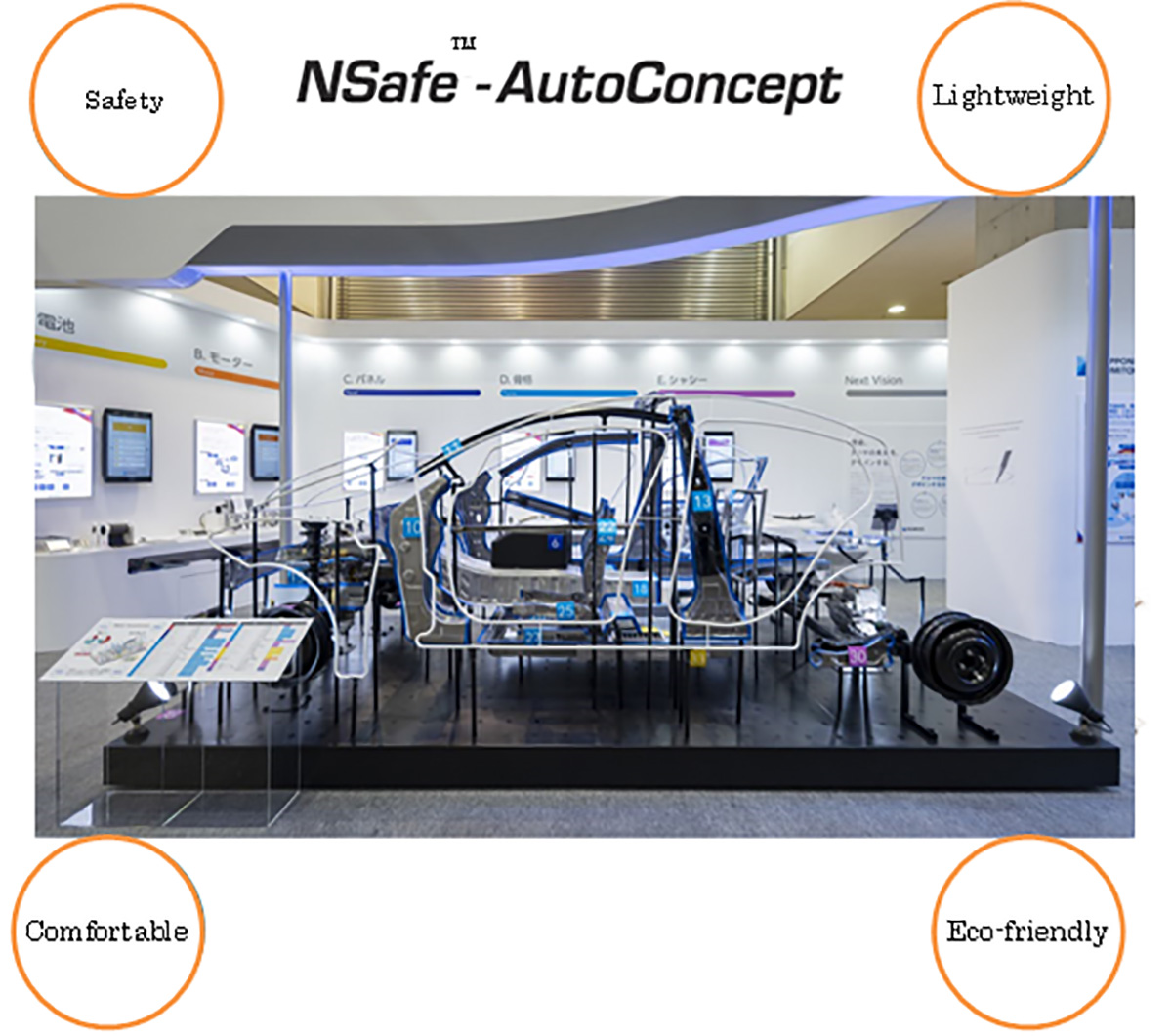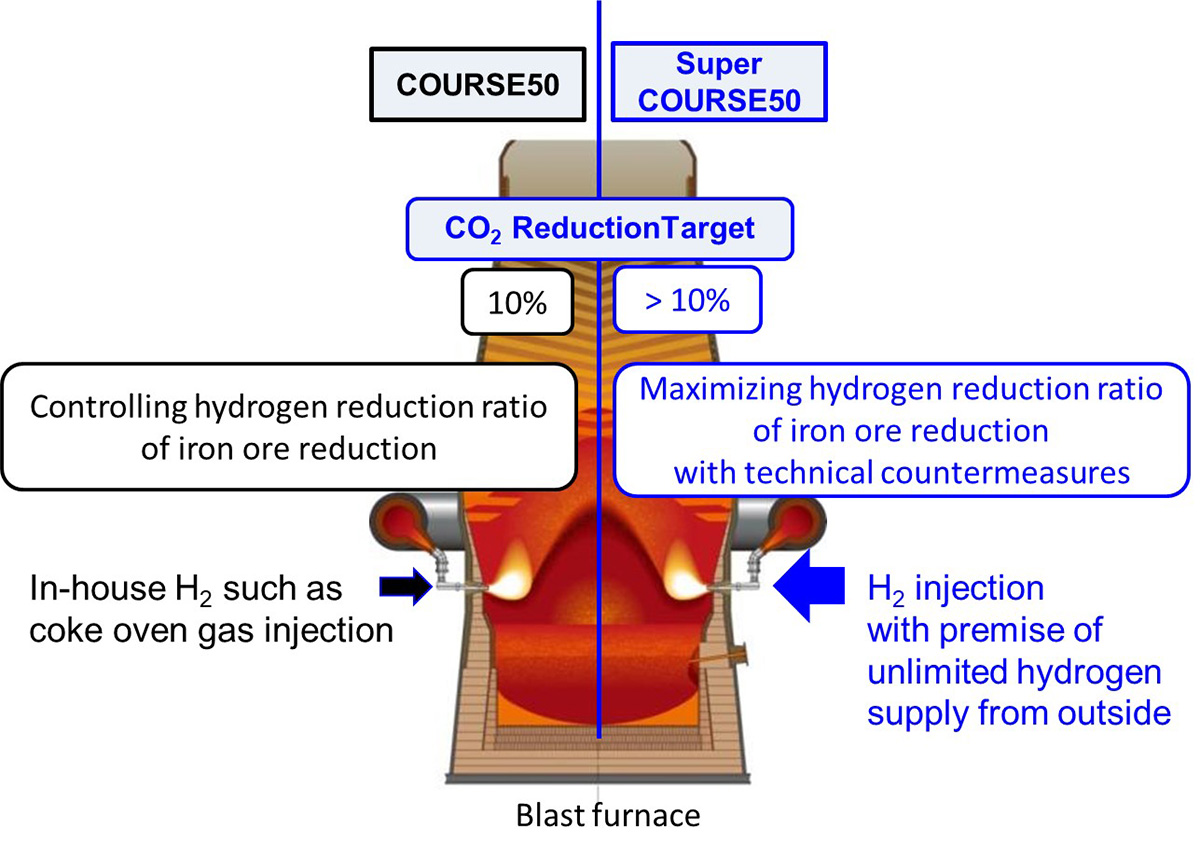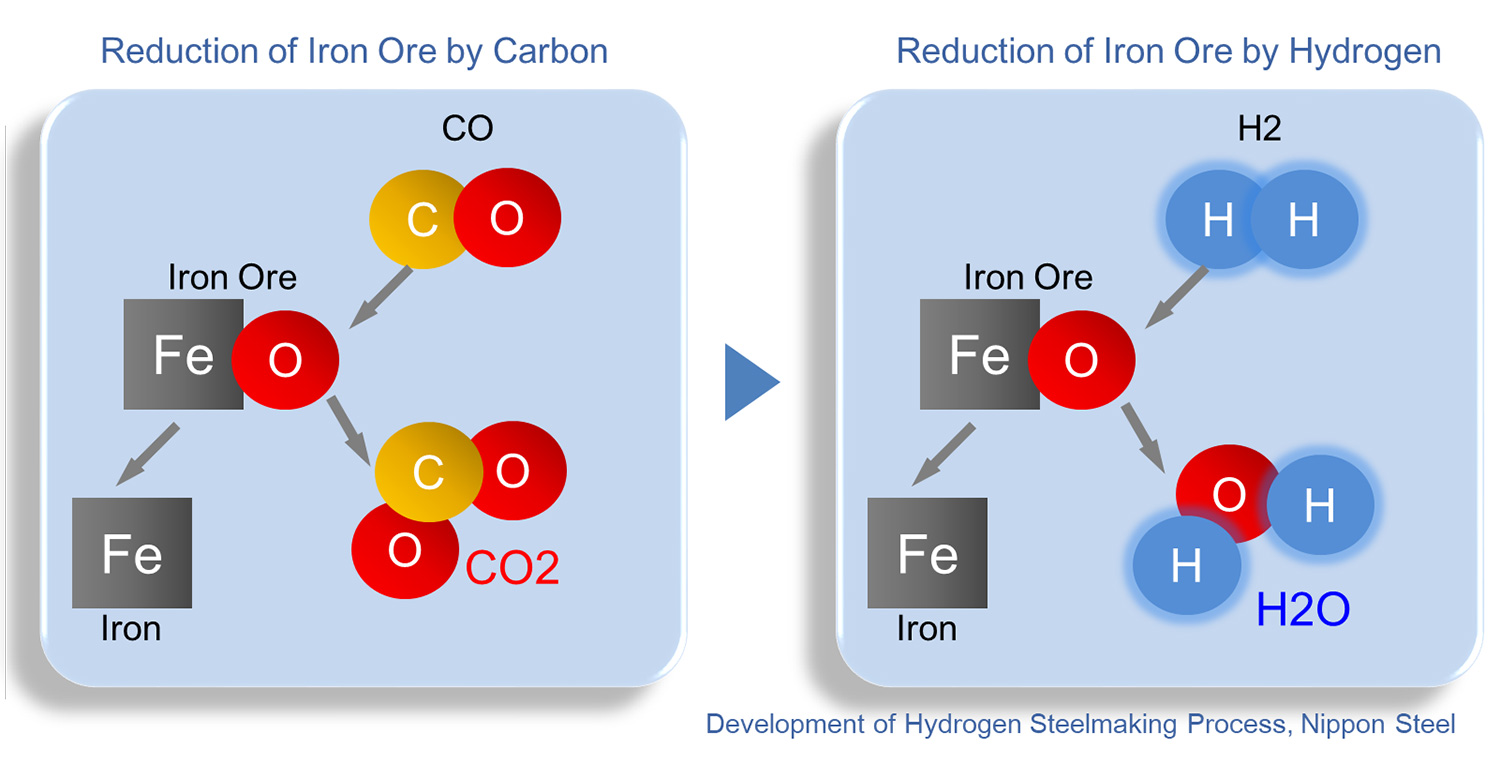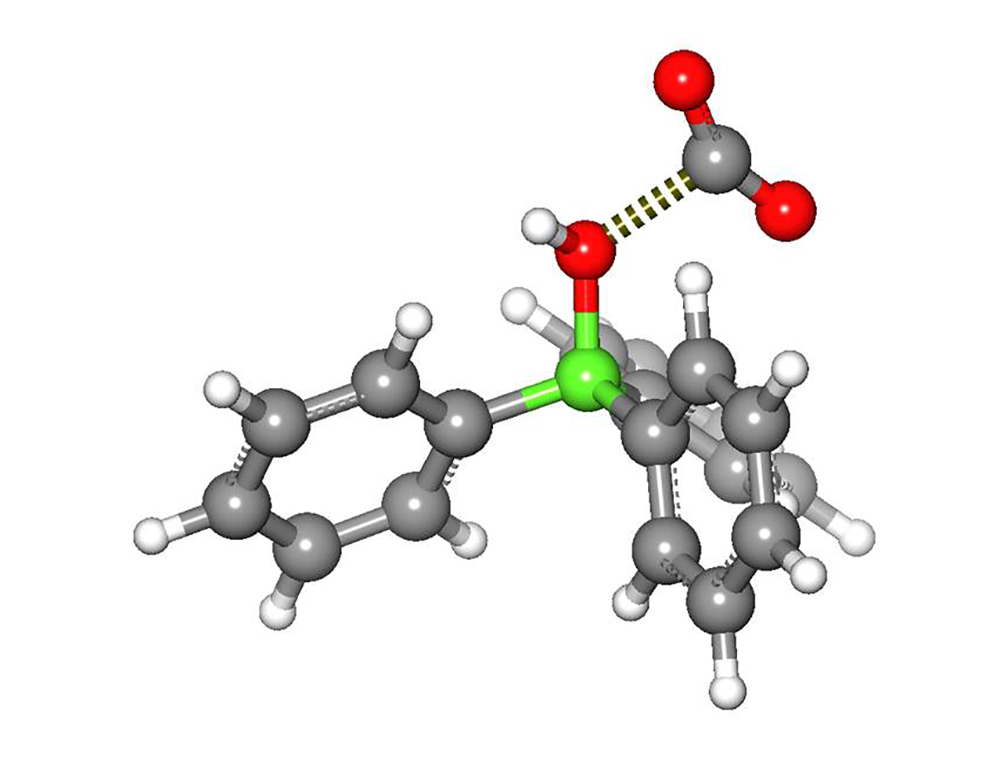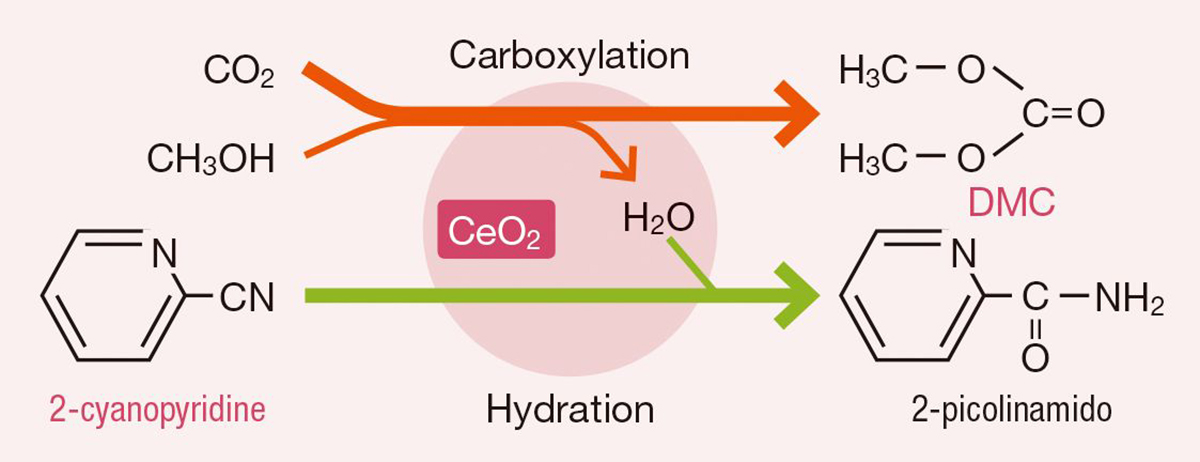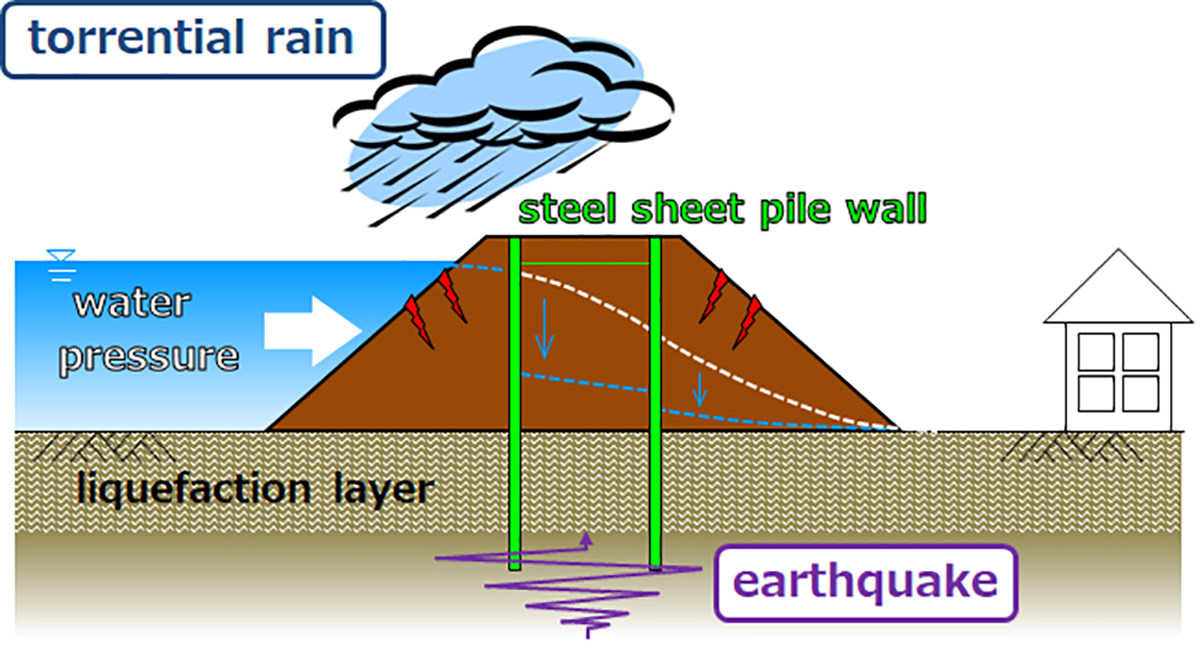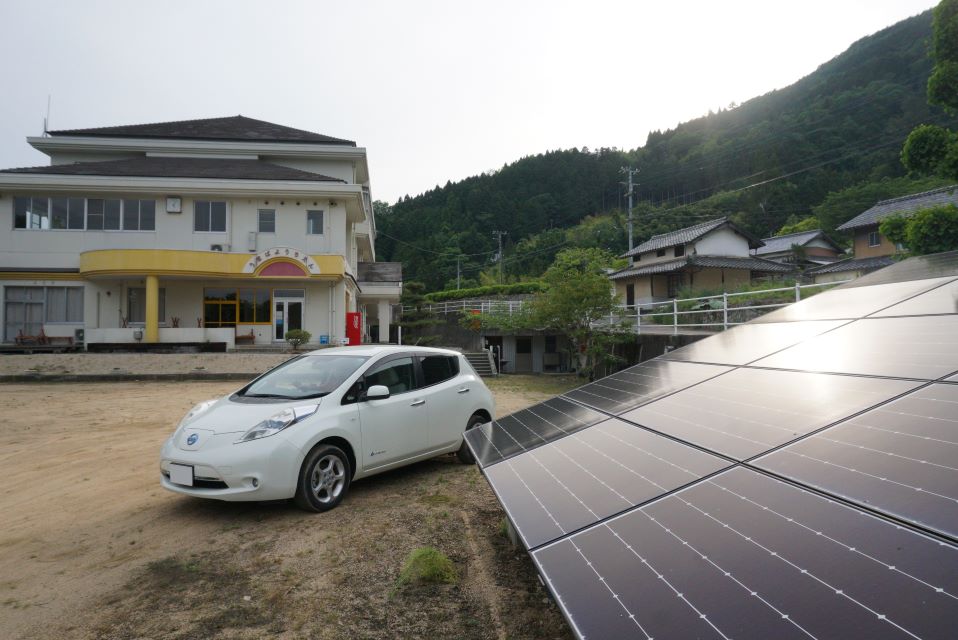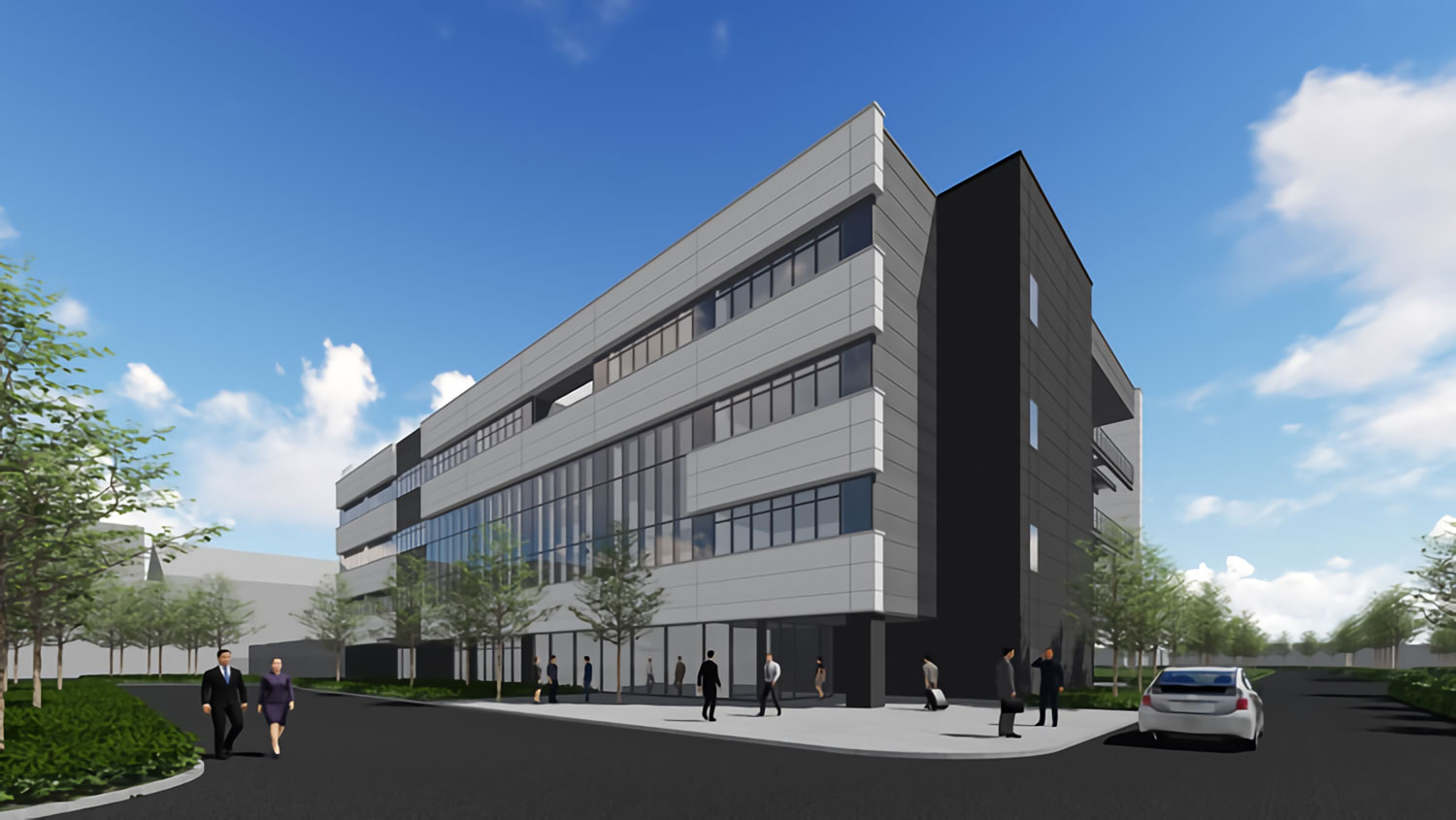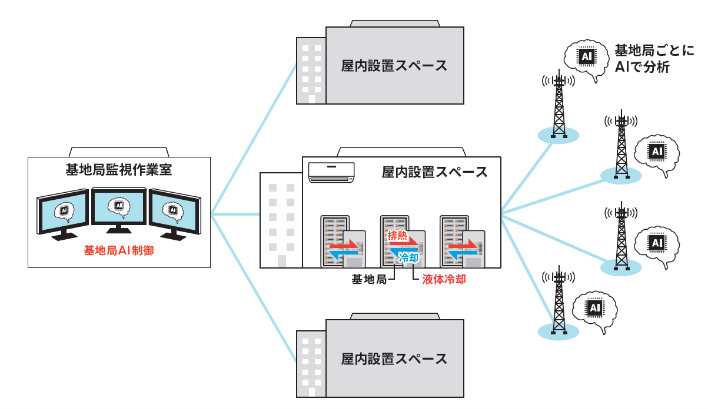Enhanced efficiency in recycling of waste plastics
NIPPON STEEL CORPORATION
Outline
For over 20 years, Nippon Steel has strived to carry out and expand chemical recycling (into ore reducing agents and chemical product materials) of waste plastics, using a coke oven process (which makes coke -- an ore reducing agent for steel making), with the aim of reducing emissions of global greenhouse gases (totally 3.07 million tons of CO2 reduction).
In response to further requests from society, we are taking up the challenge to make high-density waste plastic moldings in order to moderate the operating impact of coke ovens when handling waste plastics in vast volume.
The project is currently in the process of technological development based on cooperation among our research laboratories, steelworks, and relevant head office divisions. We intend to establish technologies within the next year or two and to subsequently introduce them to the waste plastic molding lines of existing facilities.
Description
1) Target to achieve in our challenge
We will take up the challenge to improve the density of waste plastic moldings in order to moderate the operating impact of coke ovens when handling waste plastics in vast volume (prevention of the generation of an operating impact even when increasing volume by 20%).
2) Issues to overcome to realize the challenge
・ To establish a high-densification method (theory) and apply it to operational benchmarks
It is difficult to maintain the density of the moldings at a high level because melting degrees vary when molding waste plastics. We are currently considering and testing a theory to enable steady high densification.
・ To expand and ensure the collected amount of waste plastics
At present, the Japan Containers and Packaging Recycling Association has a preferred bidder rule, in which the procurement amount of chemical recycling, conducted by Nippon Steel and other companies, has been unstable. Re-examination of the rule by the government is needed.
3) Specific actions
・ Evaluation and confirmation of the high-densification method: Fiscal years 2020-2021
- Design and manufacture of off-line testing equipment
- Verification testing of the high-densification method and checking of operational conditions and other factors
・ On-line testing: Fiscal years 2021-2022
- Design and manufacture of equipment modification, based on what is confirmed off-line
- Modification of existing facilities, and trial operation and adjustment
- Evaluation of the use of a coke oven in making high-density moldings
・ Verification of the actual equipment: Fiscal year 2022 and beyond
- Modification of the actual equipment and the promotion of high densification of the molding process at each steelworks
4) Potential quantified and other impacts in case of the accomplishment of the challenge
・ Improvement of CO2 emission reduction: Approximately 120,000 tons/year
・ Increase in the amount of effectively-used waste plastics, which cause problems in Japan and overseas (expanded use as chemical materials and reducing agents)
Other Innovation Challenges
CO2 uptake and carbon storage as blue carbon by utilizing steel slag
NIPPON STEEL CORPORATION
Contributing the hydrogen infrastructure formation by spreading usage of the specialized steel for hydrogen station
NIPPON STEEL CORPORATION
Development and dissemination of Eco ProductsTM that contribute to reductions in CO2 emissions at the point of product use
NIPPON STEEL CORPORATION
Development of CO2 emission reduction technology using hydrogen in blast furnace steelmaking
NIPPON STEEL CORPORATION
Development of Hydrogen Steelmaking Process for Zero Emission
NIPPON STEEL CORPORATION
Establishment of dimethyl carbonate (DMC) production method using CO2 as raw material
NIPPON STEEL CORPORATION
Provision of solutions for “National Resilience” aimed at adaptation to climate change
NIPPON STEEL CORPORATION
Zero emission hydrogen production technology by artificial photosynthesis
NIPPON STEEL CORPORATION
Similar Innovation Challenges
Accelarating the penetration of renewable energy resources with “Open Energy System”
Sony Group Corporation
Achieving net-zero carbon emissions from plant factories using full artificial lighting
Taikisha Ltd.
Advanced technology for buildings providing energy-saving and comfortable indoor environment (under Net Zero Energy condition)
Mitsubishi Electric Corporation
AI control reduces base station power consumption by up to 50%
KDDI CORPORATION

